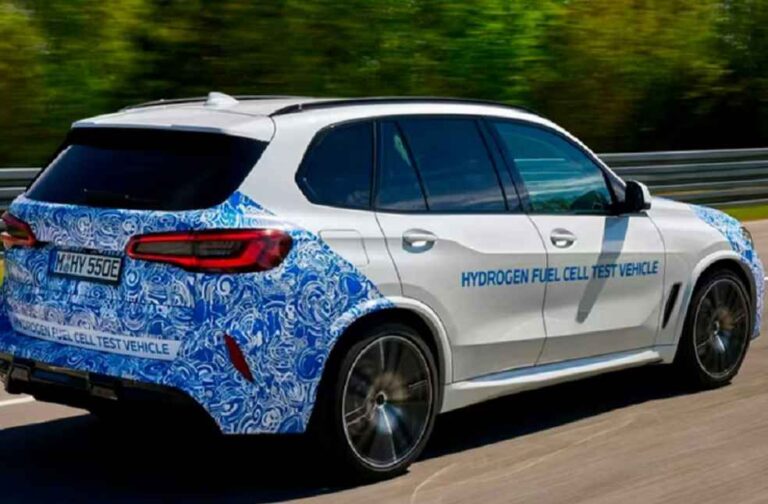BMW has taken center stage at the Goodwood Festival of Speed 2023, showcasing its commitment to emission-free mobility with the presentation of the BMW H2R Record Car and the new BMW iX5 Hydrogen, in addition to the all-electric drive versions of the BMW 5 Series and the most potent all-electric BMW model, the BMW i7 M70 xDrive.
The H2R, a testament to BMW’s belief in hydrogen fuel cells’ potential, broke nine world records in 2004. The vehicle is based on a reengineered version of the 6.0-liter 12-cylinder engine from the BMW 760i.
Meanwhile, the iX5 Hydrogen is the German automaker’s latest evolution in hydrogen fuel cell technology. Based on the current BMW X5, it was first shown as a concept in 2019. Now, after four years of development, BMW is field-testing the iX5 Hydrogen, which is powered by a proton exchange membrane fuel cell that feeds electricity directly to EV motors.
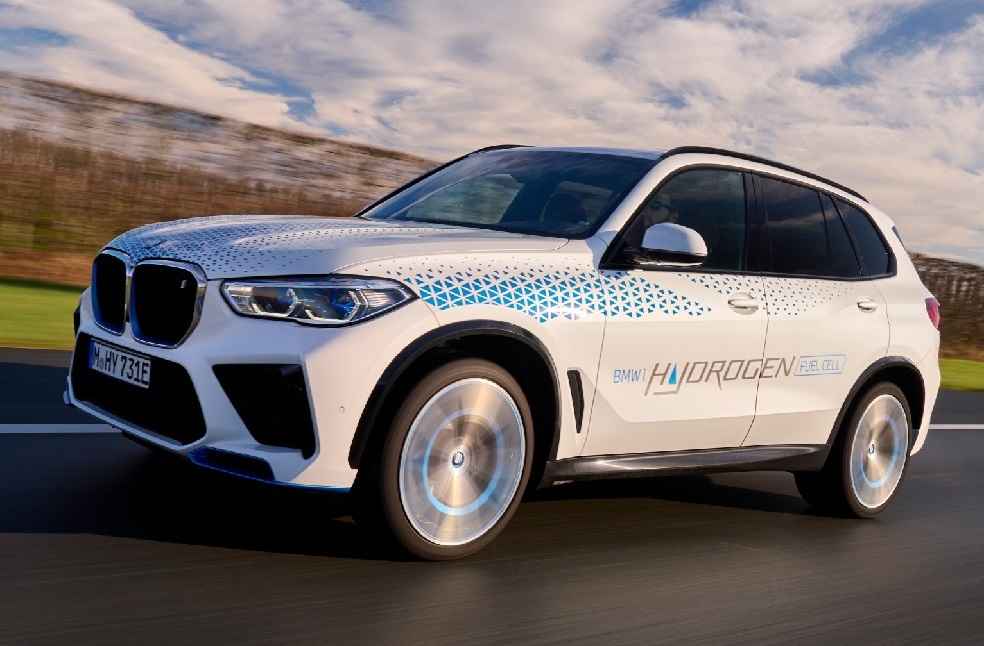
The company’s collaboration with Toyota Motor Corp. and Garrett Motion has been instrumental in the development of the iX5 Hydrogen. The BMW Group has sourced individual fuel cells from Toyota, which has been marketing a production fuel cell vehicle, the Mirai, since 2014. Garrett Motion supplies the required air pumps.
The partnership’s fruitful efforts have led to the production of highly efficient fuel cell systems at BMW’s Munich-based “center of excellence” for hydrogen. Fuel cell system technology, a key component in the BMW iX5 Hydrogen, is poised to have a significant influence on the transformation of the entire mobility sector, according to BMW’s board chairman, Oliver Zipse.
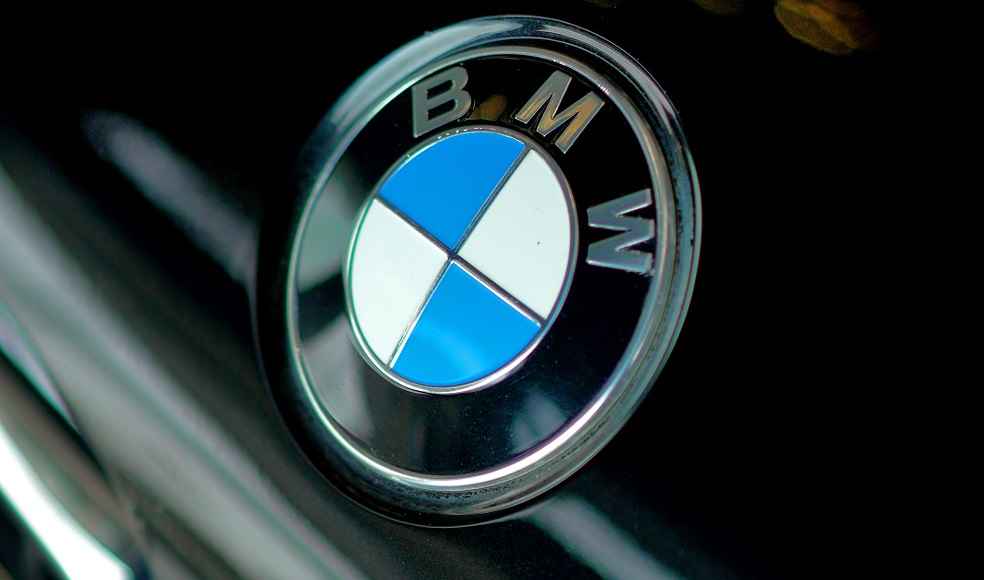
A PEM fuel cell operates by separating hydrogen atoms and electrons, allowing the hydrogen atoms to bond with oxygen in the atmospheric air to create water. This process generates an electrical current and, in turn, releases only pure water and electricity.
Oliver Zipse emphasized, “Hydrogen is the missing piece in the jigsaw when it comes to emission-free mobility. One technology on its own will not be enough to enable climate-neutral mobility worldwide.” This reinforces BMW’s determination to leverage various renewable energy sources to drive sustainable transportation.
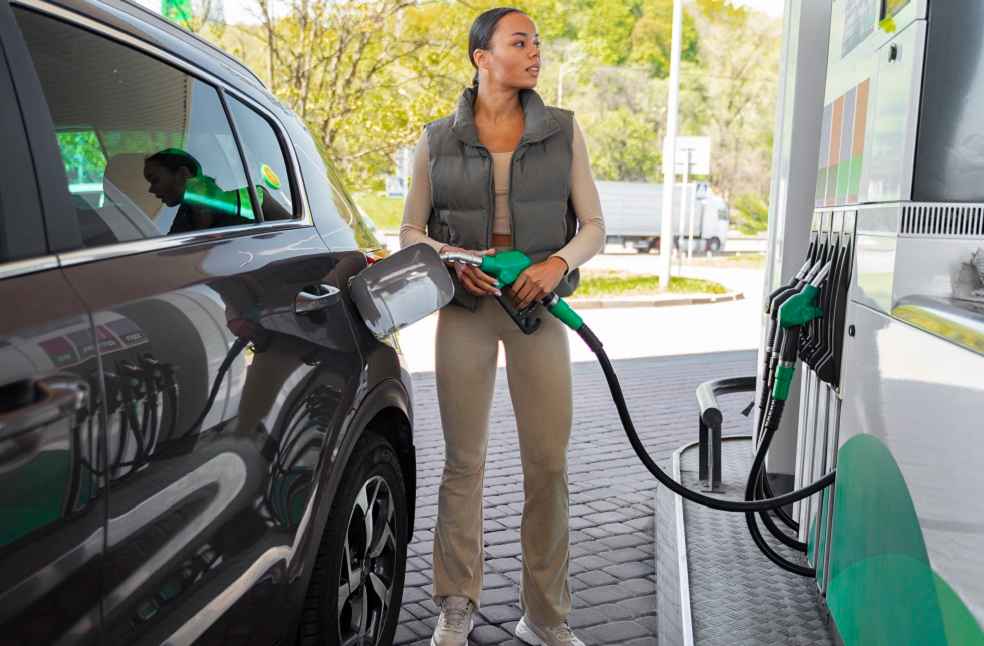
Despite the challenges of expanding the hydrogen refueling infrastructure and reducing costs, the continuous advancements in fuel cell technology and increased investments in hydrogen production are encouraging signs for the future of hydrogen-electric vehicles.
BMW’s fuel cell system for the iX5 Hydrogen uses two 700-bar tanks made from carbon-fiber-reinforced plastic (CFRP), which can collectively store six kilograms of hydrogen. This storage capacity enables the BMW iX5 Hydrogen to travel a range of 313 miles on a single refuel, which takes just three to four minutes using current hydrogen refueling systems.
The system also includes a high-revving compressor developed in collaboration with Garrett to facilitate atmospheric air flow through the fuel cell. Garrett’s next-generation fuel cell compressor provides the variable airflow needed to optimize the fuel cell system’s power density and output.
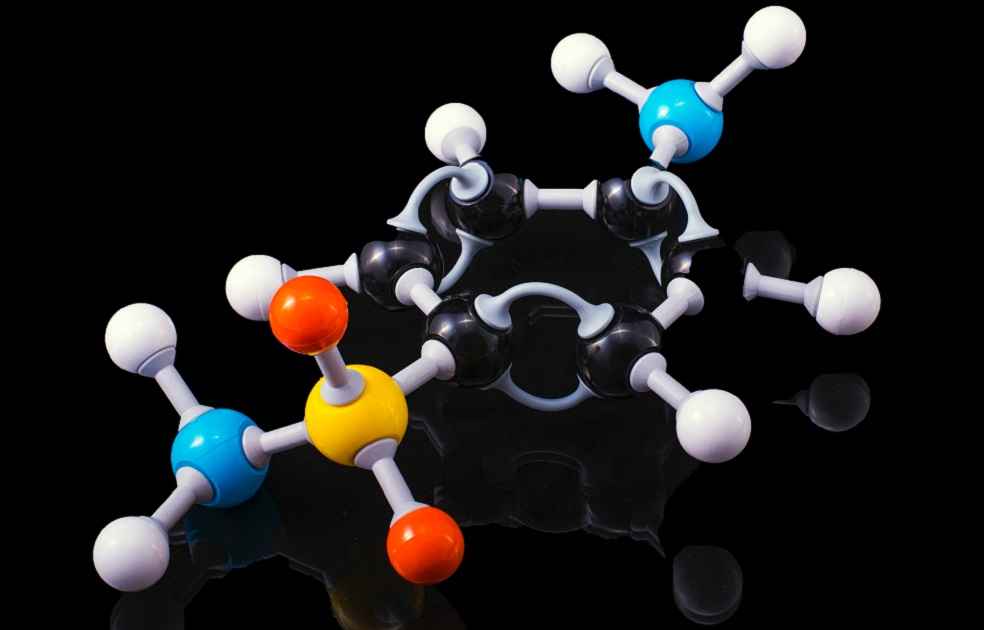
BMW’s commitment to the development of hydrogen-powered vehicles is indicative of the company’s drive towards a greener, more sustainable future. The success of these advancements and the increasing interest in hydrogen as a potential source of clean energy affirm the automotive industry’s commitment to transition to sustainable solutions for the future.
KNOWLEDGE: EV Batteries: Risks and Safety Basics




